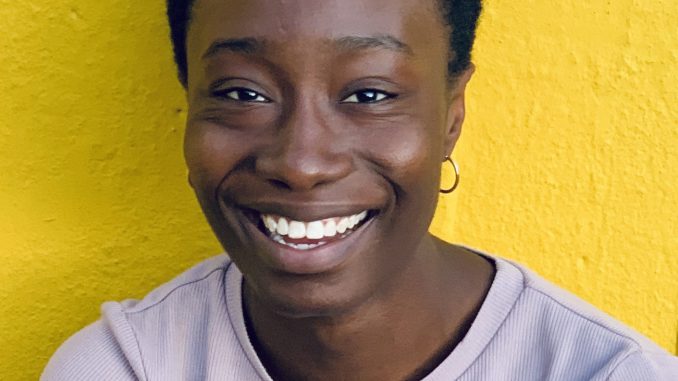Strand Campus
Strand Campus feels like the heart of London—historic yet buzzing with energy. Nestled by the Thames, it offers world-class academics, vibrant student life, and endless inspiration from the city’s culture and diversity.
Our degree in Physics with Theoretical Physics provides a robust foundation of all of the fundamental aspects of modern and theoretical physics. You’ll explore topics including relativity, quantum mechanics, fields and waves, electromagnetism, nuclear and particle physics, with the theoretical physics modules equipping you with the advanced mathematical tools for pursuing complex theoretical physics problems. You’ll gain key analytical and practical skills such as problem-solving, creative thinking, team work, and data analysis, preparing you for a wide-range of future-facing careers.
You'll join a friendly and supportive department, learning from internationally renowned scientists, including those with links to the Large Hadron Collider at CERN and the LIGO gravitational wave observatory. In your first two years, you'll sample core physics modules including theoretical physics fields and develop experimental techniques through integrated lab work. In your third year, you’ll apply your knowledge and skills to complex research or industry-inspired problems, enabling you to undertake novel research and develop crucial employability skills.
You can also choose to study for our integrated Master’s course (MSci), adding a fourth year to your degree during which you’ll get to choose from a huge array of modules, and undertake a substantial research project on a topic of your choice, enhancing key employability skills including project management, creative thinking, working as a team, and communication and presentation skills.
You also have the opportunity to transfer to the Study Abroad pathway and spend your third year at a partner institution before returning to King’s for your final year. This depends on you reaching a certain grade average and being accepted by a partner university.

The lecturers are incredibly passionate and friendly people. They really care and it makes learning from them enjoyable as you can feed off their passion.

Physics has been studied and taught at King's since its foundation in 1829 with many distinguished physicists, including Nobel Laureates, joining our ranks over the last 200 years. Today, physicists at King's are developing new ways to study the molecular processes in biological cells which cause cancer and other diseases, working to understand how the focus between individual atoms and molecules at the nanoscale shape our macroscopic world, and continuing King’s physicist Maxwell's work in the unification of physics.
Our Physics with Theoretical Physics BSc course will give you a strong foundation across the key areas of modern physics. Our programme allows you to tailor and shape your degree to your interest, with a choice of modules from year one through to your third year, including medical and biophysics, astrophysics including general relativity and galactic dynamics, and the fundamentals of nanotechnology.
In addition, our course emphasises applied learning and skills acquisition through individual and group project work, with the option of taking a group project in your second year. In your third year, you can choose to tackle a real-world problem with a research group in physics, or outside of the Department with the King’s Randall Centre for Cell & Molecular Biophysics, Biomedical Engineering or a problem inspired by industry, including from the National Physics Laboratory. Through this, you’ll develop key workplace skills including project management, creative thinking, working as a team, and communication and presentation skills.
Reviewed, inspected and accredited by the Institute of Physics

King's College London and Affiliates
Strand Campus feels like the heart of London—historic yet buzzing with energy. Nestled by the Thames, it offers world-class academics, vibrant student life, and endless inspiration from the city’s culture and diversity.